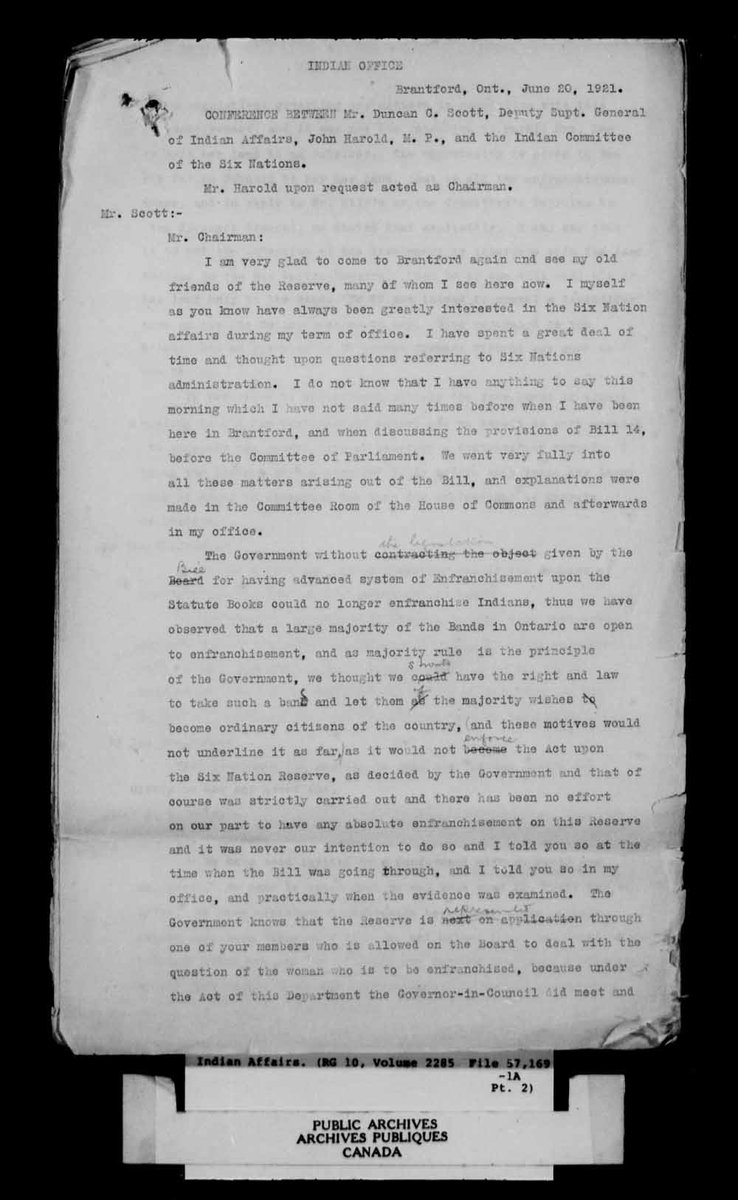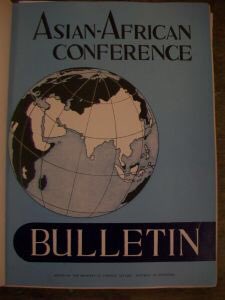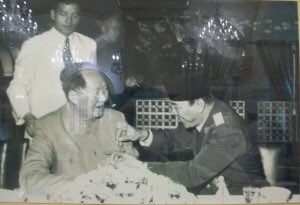
Today in 1965, a coup & counter-coup in #Indonesia led to one of the great bloodbaths of the later 20th century. Western governments encouraged mass killings.
Evidence from Canadian archives summarized: davidwebster.wordpress.com/2015/10/28/196…
#cdnfp @ForeignPoli_C
Evidence from Canadian archives summarized: davidwebster.wordpress.com/2015/10/28/196…
#cdnfp @ForeignPoli_C
In Flowers in the Wall, Baskara Wardaya provides an exploration of clashing historical narratives of 1965: the official narrative as a wall that blocks light and words, and efforts of non-government voices to break through that wall. Free download at prism.ucalgary.ca/bitstream/hand…
We can’t understand 1965 without also looking at the global setting & actions of major governments outside Indonesia. In the same book, Bernd Schaefer looks at the roles of the US & China & asks what a 1965 truth commission might look like. Free download prism.ucalgary.ca/bitstream/hand…
Personal experiences are vital in the stories of 1965. A letter from political prisoner Gatot Lestario: “Here, we were imprisoned after passing through the notorious massacre. ... Anyone can kill us without any accusation and years long persecution.” prism.ucalgary.ca/bitstream/hand…
On 1965 massacres in Indonesia, take a look at the superb Unmarked Graves by @vhearman - nuspress.nus.edu.sg/products/unmar… - a story at the heart of mass violence and political killings backed by a pro-Western military regime.
Searing oral history breaks through official silencing in testimonies from the Yogyakarta area edited by Baskara Wardaya SJ - translated as The Truth Will Out: Indonesian Accounts of the 1965 Mass Violence
publishing.monash.edu/product/truth-…
publishing.monash.edu/product/truth-…
The work of cutting-edge Indonesian scholars such as Ayu Ratih is vital. scholar.google.com/citations?user…
Case studies of the 1965 massacres lead the way in a book edited by John Rosa of UBC, Buried Histories: The Anticommunist Massacres of 1965-1966 in Indonesia. Again, oral histories force a re-examination of received historical “truths” in this work.
uwpress.wisc.edu/books/5717.htm
uwpress.wisc.edu/books/5717.htm
John Roosa’s Pretext for Mass Murder: The September 30th Movement and Suharto’s Coup d’Etat in Indonesia “has always been one of the main documents for study,” the Jakarta Post writes. thejakartapost.com/life/2017/10/0…
In The Killing Season: A History of the Indonesian Massacres, 1965-66, Geoff Robinson offers a close-up view of mass killings in Bali.
press.princeton.edu/books/hardcove…
press.princeton.edu/books/hardcove…
A terrific short overview by Katherine McGregor can be found at sciencespo.fr/mass-violence-…
McGregor, Pohlman and Jess Melvin edited a useful book, The Indonesian Genocide of 1965: Causes, Dynamics and Legacies. palgrave.com/gp/book/978331…
McGregor, Pohlman and Jess Melvin edited a useful book, The Indonesian Genocide of 1965: Causes, Dynamics and Legacies. palgrave.com/gp/book/978331…
In that book, fascinating perspectives on “Working from the Margins: Initiatives for Truth and Reconciliation for Victims of the 1965 Mass Violence in Solo and Palu, by Sri Lestari Wahyuningroem; “Sites of Memory on Buru,” by Ken Setiawan & much more.
Local stories and US anti-communism intersect masterfully in Dahlia Setiayawan’s “The Cold War in the City of Heroes: U.S.-Indonesian Relations and Anti-Communist Operations in Surabaya, 1963-1965.” Read it at escholarship.org/uc/item/7370d2…
Setiayawan also zeroes in on memories of those mass killings and Indonesian literature in “I Can Still Hear Them Weeping,” at semanticscholar.org/paper/“I-can-still-hear-them-weeping”%3A-20th-century-as-a-Setiyawan/7b0b4f2771fadf80d1c042a3da5673f0c0417a57
Ghostlike, but always there, the memory of 1965 flits through Indonesian literature and film in the writing of Eka Kurniawan & others.
The literary memory crosses borders - check out Dadolin Murak’s stunning poem “Jenderal” in English translation at reconciliationtim.ca/timor/general-…
The literary memory crosses borders - check out Dadolin Murak’s stunning poem “Jenderal” in English translation at reconciliationtim.ca/timor/general-…
Film about the Indonesian killings crossed borders most famously, of course, in The Act of Killing, directed by Joshua Oppenheimer, and its follow-up, The Look of Silence. “Yes, a million people died, but that’s politics.”
The films prompted Canadian literary scholar Peter Dale Scott to go back to his research on the US role in encouraging the 1965 killings throughout Indonesia and the coup that sparked them in a fascinating re-examination of a foundational article. apjjf.org/2015/13/31/Pet…
Of course, the key book on the US role in 1965b and on the US relationship with Indonesia’s army is Brad Simpson’s (@bradleyrsimpson) irreplaceable Economists with Guns, which ties together political economy, economic & US anti-communism & grand strategy.
sup.org/books/title/?i…
sup.org/books/title/?i…
I’d call Economists with Guns the last word all this if not for a great book that built on it, The Jakarta Method by @Vinncent, which @CDN_Dimension called a primer in“how the United States developed its regime toppling program” (interview at link).
canadiandimension.com/articles/view/…
canadiandimension.com/articles/view/…
Neglected to mention the great collection of US documents on the 1965-66 Indonesian killings & the US role, curated by Brad Simpson - it’s an incredible resource for research on US foreign policy.
https://twitter.com/bradleyrsimpson/status/1443960480612093956
• • •
Missing some Tweet in this thread? You can try to
force a refresh










